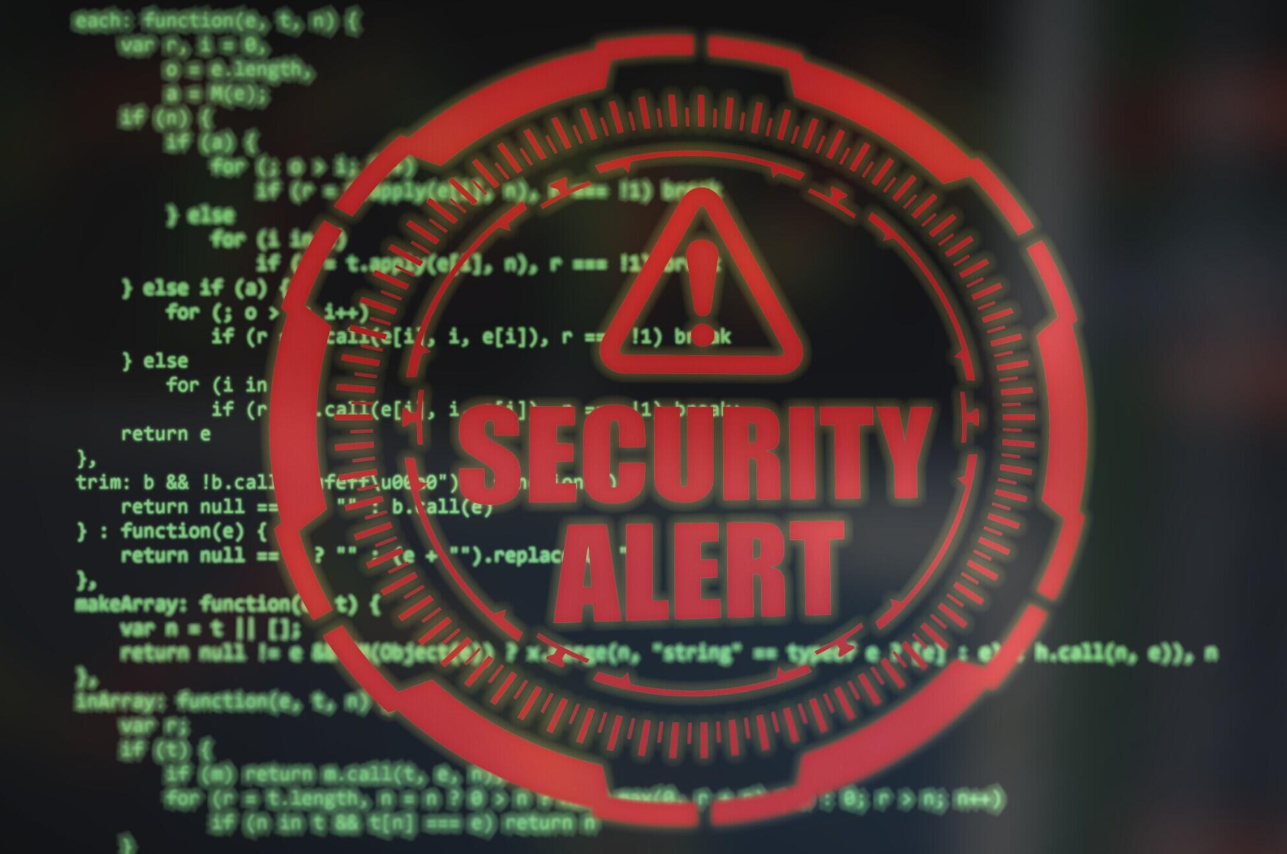Ransomware attacks are growing every year. They lock files and demand money. Many businesses lose data and money. Can companies stop these attacks? The answer is yes, with strong security steps. Organizations need smart plans to stay safe.
Training workers and using backups help a lot. Quick action stops bigger damage. The right tools can protect important data. Every business should learn how to fight ransomware. Being ready makes a big difference.
What steps can companies take today? Keep reading to find out.
Understanding Ransomware Threats
Ransomware is a type of malicious software. It blocks access to important data. Hackers demand payment to unlock the files.
Many companies suffer major losses from attacks. Understanding ransomware is the first step to fighting it. Cybercriminals use fake emails and bad websites to attack.
They also exploit weak passwords and outdated software. Employees should learn how ransomware spreads. Early detection stops big problems.
Regular cybersecurity training helps businesses stay aware. Knowing how attacks happen helps create stronger defenses. Organizations that understand threats can build better protection.
Strengthening Network Security
A strong network stops many cyber threats. Firewalls block harmful traffic from entering systems. Antivirus software detects and removes threats.
Companies must update security software regularly. Outdated software is a risk for cyberattacks. Secure passwords protect sensitive data from hackers.
Using two-factor authentication adds an extra layer of security. Businesses should also monitor network activity. Detecting suspicious actions helps prevent ransomware attacks. Companies need strong security policies in place. A secure network is a key defense against hackers.
Employee Awareness and Training
Employees play a big role in cybersecurity. Many attacks happen because of human mistakes. Hackers trick workers into opening bad emails. Staff should learn how to spot fake emails. Training should include safe internet habits. Employees must not click unknown links or attachments.
Strong password rules help prevent hacks. Companies should hold regular cybersecurity workshops. Knowledge helps workers make smart decisions. A trained team reduces the risk of ransomware. Businesses must invest in employee education.
Regular Data Backups
Backing up data protects businesses from ransomware damage. Companies should save files in multiple locations. Cloud storage is a great backup option.
External hard drives also help in emergencies. Backups should be done regularly. Old backups are less useful in attacks.
Automatic backup systems make the process easy. Testing backups ensure they work when needed. Companies must keep backups secure from hackers.
Safe backups help businesses recover quickly. A good backup plan reduces financial loss.
Using Multi-Factor Authentication (MFA)
Passwords alone are not enough for security. Hackers can guess or steal passwords. Multi-factor authentication adds an extra security step.
MFA requires a second verification method. This could be a code sent to a phone. Even if a hacker steals a password, MFA blocks access.
Many companies use MFA for emails and accounts. It protects sensitive information from cybercriminals. Employees should activate MFA on all important systems.
Businesses must enforce MFA policies for security. This simple step prevents many attacks. Companies that use MFA reduce the chances of unauthorized access.
Developing a Ransomware Response Plan
A ransomware response plan helps businesses act fast. Quick action reduces the damage from attacks. The plan should include steps for reporting attacks.
IT teams must know how to isolate infected systems. Companies should inform employees about the response plan. Cybersecurity experts can help build a strong strategy.
Having a response plan speeds up recovery. Companies should test their response plans often. Practice drills ensure everyone knows what to do.
A well-prepared team can minimize financial loss. Preparation makes a company more resilient. Every organization should practice their plan regularly to stay ready.
Updating and Patching Software
Software updates fix security problems. Hackers exploit outdated programs. Businesses must install updates as soon as possible.
Automatic updates keep systems protected. All computers, servers, and devices need updates. Cybercriminals target old software with known weaknesses.
IT teams should track software versions. Companies must also update security tools. Firewalls, antivirus, and backup systems need regular updates.
Patch management keeps business systems strong. Staying updated helps prevent attacks. A well-maintained system lowers the risk of vulnerabilities.
Securing Cloud Storage
Cloud storage is convenient but needs protection. Hackers can target unprotected cloud data. Businesses must use encryption for cloud storage.
Secure passwords keep cloud accounts safe. Multi-factor authentication adds extra security. Cloud services should have strong security settings.
Employees must access cloud files carefully. Companies should monitor cloud activity for threats. Regular security checks prevent cyber risks.
Secure cloud storage keeps data safe. Strong protection reduces the risk of ransomware. A well-protected cloud system ensures business continuity.
Monitoring Systems for Suspicious Activity
Early detection stops ransomware before it spreads. Businesses should monitor systems for unusual behavior. Suspicious login attempts can signal an attack.
Unusual file changes may mean ransomware is active. Security tools can detect threats in real time. Companies should set up alerts for cyber threats.
IT teams must act fast on warning signs. Logging system activities help track potential attacks. Regular security checks find weak points.
A strong monitoring system improves security. Prevention is better than fixing damage. Early alerts allow businesses to respond quickly.
Partnering With Cybersecurity Experts
Cybersecurity experts help businesses stay safe. They analyze threats and suggest security measures. Companies can hire professionals for regular system checks.
Security audits find weaknesses in business networks. Experts provide solutions to prevent cyberattacks. Cybersecurity firms help organizations create strong policies.
They assist in training employees on best practices. Businesses should seek expert help for better security. Professionals improve a company’s defenses.
Working with experts makes businesses more resilient. A strong partnership with cybersecurity experts enhances security strategies.
Learn How to Build Resilient Organizations Against Ransomware Attacks
Ransomware attacks are a serious threat. They can cost businesses a lot of money. However strong security steps can reduce the risk.
Companies must educate employees on cybersecurity. Using strong passwords and multi-factor authentication helps. Backing up data ensures quick recovery from attacks.
A ransomware response plan speeds up recovery. Regular software updates keep systems secure. Cybersecurity experts provide valuable protection strategies.
Businesses that prepare well can handle attacks better. The key to resilience is prevention and quick action.
Did you find this article helpful? If so, check out the rest of our site for more informative content.











